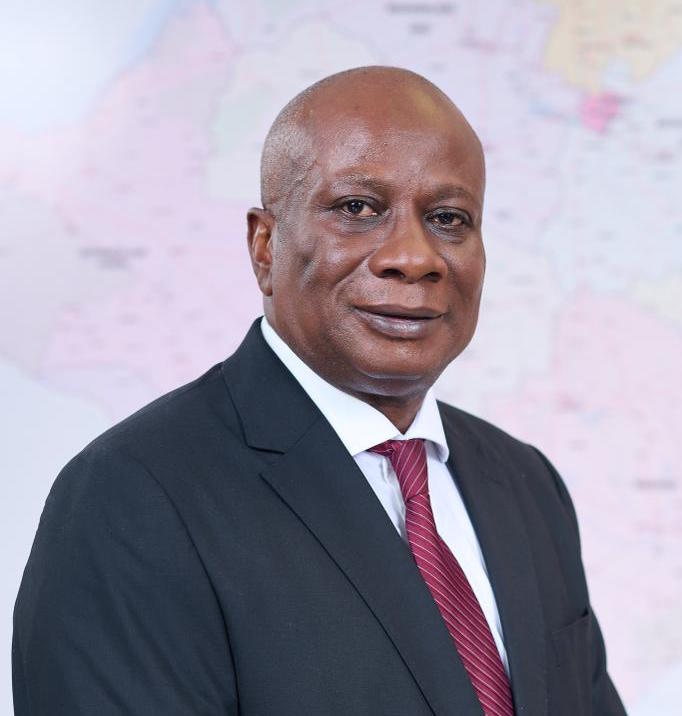|
Getting your Trinity Audio player ready…
|
Mr. Edward Kallon, United Nations Resident and Humanitarian Coordinator for Zimbabwe has said the country is reaping huge dividends from its economic diplomacy – a stepping stone for sustainable development.
He was speaking at a Diplomat’s Forum organised by the Ministry of Foreign Affairs and International Trade at the Zimbabwe International Trade Fair (ZITF) in Bulawayo yesterday on the topic: “Economic diplomacy beyond COVID-19: Export and investment opportunities in Zimbabwe.”
“As the world grapples to recover from the COVID-19 pandemic, it cannot be overstated that is also the most opportune time to think outside the box. I am happy to note that Zimbabwe has come out with an innovative approach of using Economic Diplomacy as a vital strategy to attract investments and enhance trade in the country’s engagement with the outside world to maximize economic gain and unlock the vast economic potential.
“In this respect, I note the Government’s engagement and re-engagement drive that emphasizes a shift from traditional to economic diplomacy focused on improving the country’s image, strengthening relations with the international community, and boosting trade and investment to accelerate progress towards Vision 2030,” Mr. Kallon said.
The UN Secretary-General’s representative in the country said the move is in sync with the spirit and letter of the UN-Zimbabwe Cooperation Framework (2022-2026).
He said the setting of trade and investment policy should position a country optimally in a global economy in which trade in goods and services and data are growing in prominence and underscored the fact that economic diplomacy should be driven by strategic domestic considerations, by promoting inclusive economic growth – with distributional impact across layers of society to realise sustainable development.
Given the economic and human capital endowments that Zimbabwe is blessed with, Mr. Kallon said the framework for economic diplomacy should seek twin commercial interests with strategic foreign policy aims, broadly defined, and further recognise that all foreign economic policy is ultimately also domestic.
To this end, the UN Senior official said some vital reflections for a move towards this noble goal include:
First, positioning the country as an investment hub. To harness both foreign and domestic investment to exploit the country’s natural resource potential maximally and sustainably.
This includes mineral resources, agriculture, and tourism – to stimulate productivity, inclusive economic growth, and development. The human resource capacities in the country are an added advantage.
Second, enhancing private sector development strategies. There is a need to strengthen private sector development, including through appropriate public-private sector partnerships.
A strong private sector can act as an automatic stabilizer, and lay the ground for economic recovery, in the face of current and future crises. Zimbabwe’s private sector including (MSMEs) need capacity enhancement to fully participate in regional and international value chains.
Third, promote export growth. Under the NDS, Zimbabwe targets export-led growth by promoting value added export products and export market diversification.
Zimbabwe’s membership in the various regional blocs offers expanded market opportunities for both raw materials and exports including: the recently signed African Continental Free Trade Area; SADC; COMESA; African Caribbean and Pacific States/European Union Agreement; and the WTO.
Fourth, continue to push forward and consolidate economic reforms. Key to this is a stable monetary and exchange rate policy that reinforces gains made on the fiscal front. There is need to accelerate progress on this front and such progress should be encouraged and consolidated to anchor strong foundations for a stable macro-economic environment.
Fifth, create an enabling business environment & Build stakeholder confidence through broad based dialogue.
This requires inclusive processes for stakeholder engagement, dialogue, and information sharing, to pull together all stakeholders towards a common vision for the country that guides economic diplomacy.
Indeed, non-state actors play a pivotal role in economic diplomacy both by ‘shaping government policies and as independent players in their own right’.
And, lastly, addressing key challenges around sovereign risk: There is a need to continue to promote and deepen the dialogue between Government, bilateral and multilateral partners to address key challenges.
